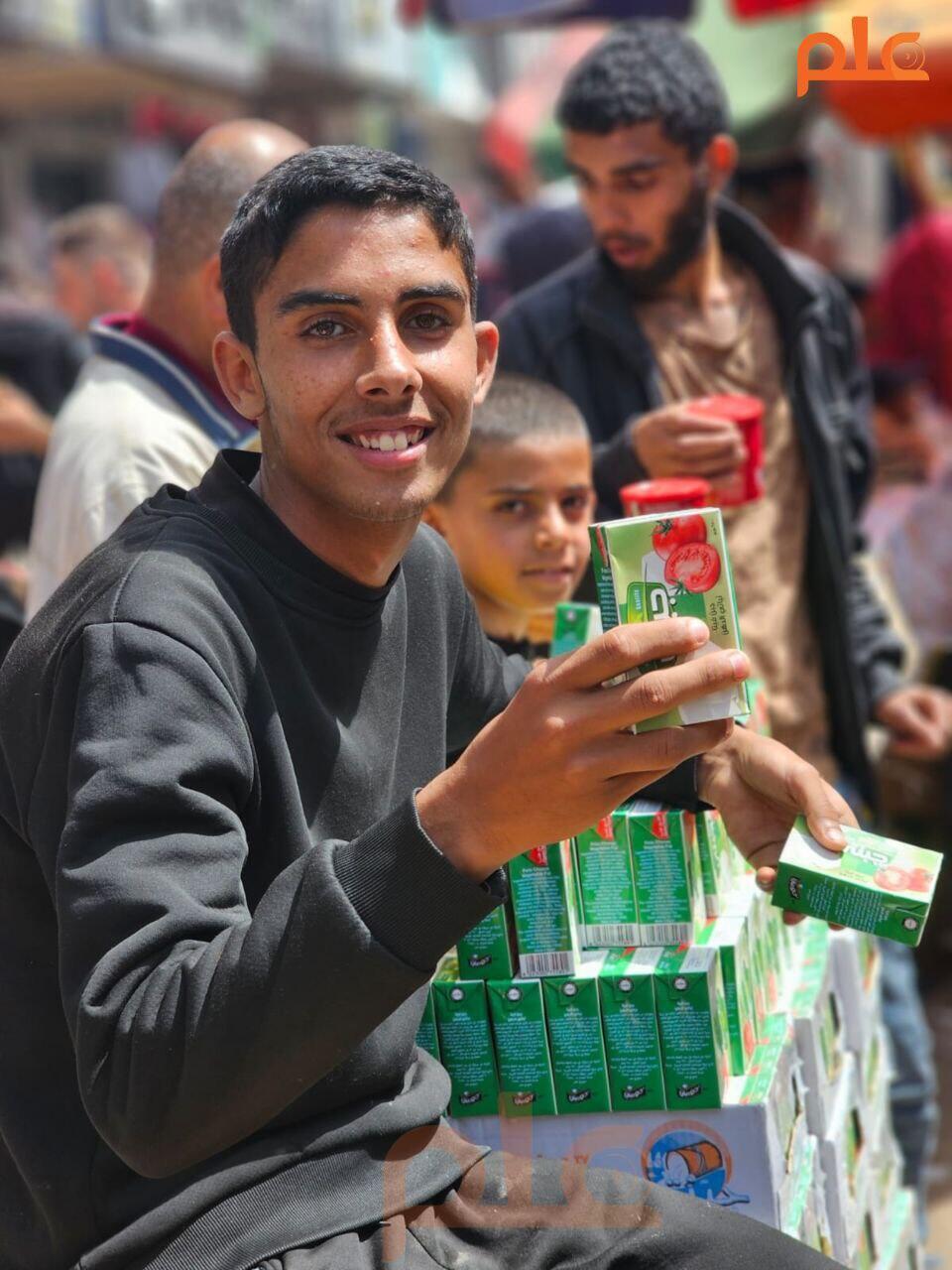In a report released earlier this month, the United Nations Famine Review Committee said it lacks sufficient "supporting evidence" to confirm a famine in the northern Gaza Strip.
The committee published its findings in an 18-page report on June 4. Operating under the Integrated Food Security Phase Classification (IPC), a "multi-partner initiative for improving food security and nutrition analysis and decision-making," the committee noted that a Phase 5 classification would indicate a famine or humanitarian catastrophe.
The Famine Review Committee (FRC) report responded to a finding by the U.S. Famine Early Warning Systems Network (FEWS NET). According to FEWS NET, since at least April 1, northern Gaza has been experiencing a famine (IPC Phase 5) with "reasonable evidence." Founded by the United States Agency for International Development (USAID) in 1985, FEWS NET also projected the famine would persist through at least July 31.
However, the UN committee's report said it "does not find the FEWS NET analysis plausible given the uncertainty and lack of convergence of the supporting evidence employed in the analysis. Therefore, the FRC is unable to make a determination as to whether or not famine thresholds have been passed during April."
Despite not confirming a famine, the committee noted that residents of northern Gaza are experiencing "extreme human suffering." The committee urged all parties to allow humanitarian access and opportunities to conduct field surveys in the region.
"All stakeholders who use the IPC for high-level decision-making must understand that whether a Famine classification is confirmed does not in any manner change the fact that extreme human suffering is without a doubt currently ongoing in the Gaza Strip and does not in any manner change the immediate humanitarian imperative to address this civilian suffering by enabling complete, safe, unhindered, and sustained humanitarian access into and throughout the Gaza Strip, including through ceasing hostilities. All actors should not wait until a famine classification for the current period is made to act accordingly," the report said.
The report also highlighted the need for updated data on human well-being in Gaza. "The very fact that we are unable to endorse (or not) FEWS NET’s analysis is driven by the lack of essential up-to-date data on human well-being in Northern Gaza, and Gaza at large. Thus, the FRC strongly requests all parties to enable humanitarian access in general, and specifically to provide a window of opportunity to conduct field surveys in Northern Gaza to have more solid evidence of the food consumption, nutrition, and mortality situation."
On Sunday, the IDF announced a daily "tactical pause of military activity" between 8 a.m. and 7 p.m. in the Rafah area of the southern Gaza Strip to facilitate the delivery of humanitarian aid to Palestinian civilians. According to the IDF, the pause aims to "increase the scope of humanitarian aid entering the Gaza Strip" and was arranged "after discussions with the UN and international organizations."
A Famine Review Committee report issued in March had found that "thresholds for acute food insecurity had already been surpassed, and it was likely that the famine thresholds for acute malnutrition had been exceeded." The report also expressed continued concern over the situation in Gaza.
3 View gallery


Humanitarian aid enters Gaza through Kerem Shalom Crossing
(Photo: REUTERS/Amir Cohen)
The report noted "significant data gaps and uncertainty about the total number of trucks entering the Gaza Strip and the level of humanitarian assistance being trucked into and distributed within the different areas of the Gaza Strip." It also criticized the FEWS NET investigation for not considering food contributions from sources such as the World Food Kitchen and other commercial or private ventures.
Nitsana Darshan-Leitner, founder and president of Shurat HaDin-Israel Law Center, said that the FRC report "serves as a wake-up call, revealing—once again—the deep bias and obsession by UN agencies with Israel.
"Miscalculating almost 50% of food supply into Gaza cannot be a minor mishap – it is clearly deliberate, exactly as bluntly ignoring this expert report—once already filed—by UN agencies. The UN is simply saying to us: 'Don't let the facts come in the way of demonizing Israel.'"
Darshan-Leitner emphasized that "this report does more than just expose UN bigotry: it also undermines the ICC prosecutor's claims that Israel is deliberately using starvation as a method of warfare against the Gazan population. The ICC's next steps will reveal its true colors: If the Prosecutor wishes to save anything left from the ICC's reputation, he should quickly reconsider his actions, pull back his request for arrest warrants, and publish a formal apology. If he or the Pre-Trial Chamber choose to ignore it and continue their modern 'Dreyfus Affair' antisemitic blood libel against Israel, they will bury the remaining ICC credibility with it."




